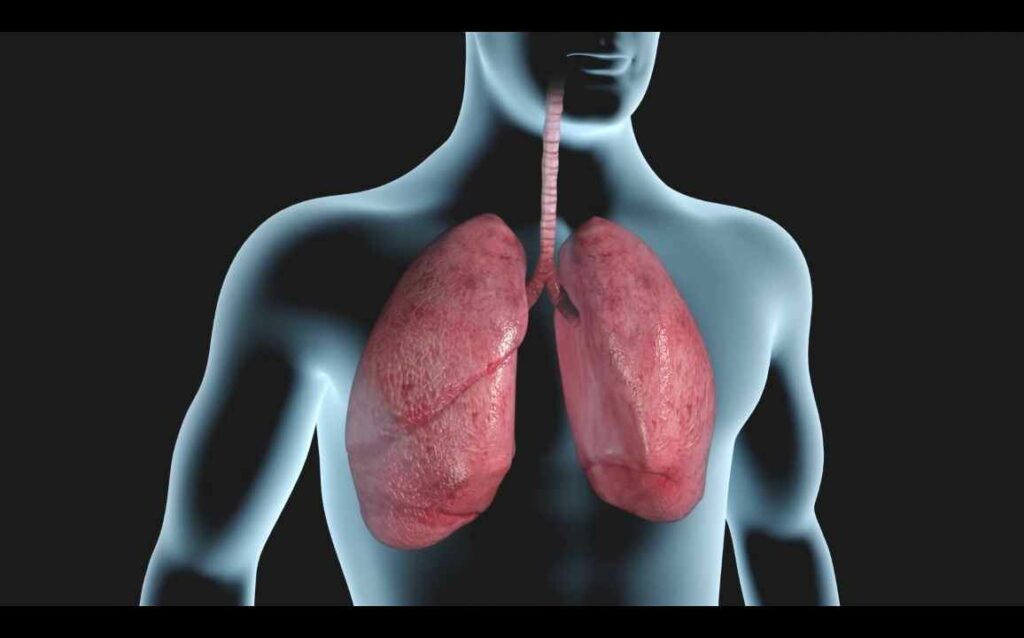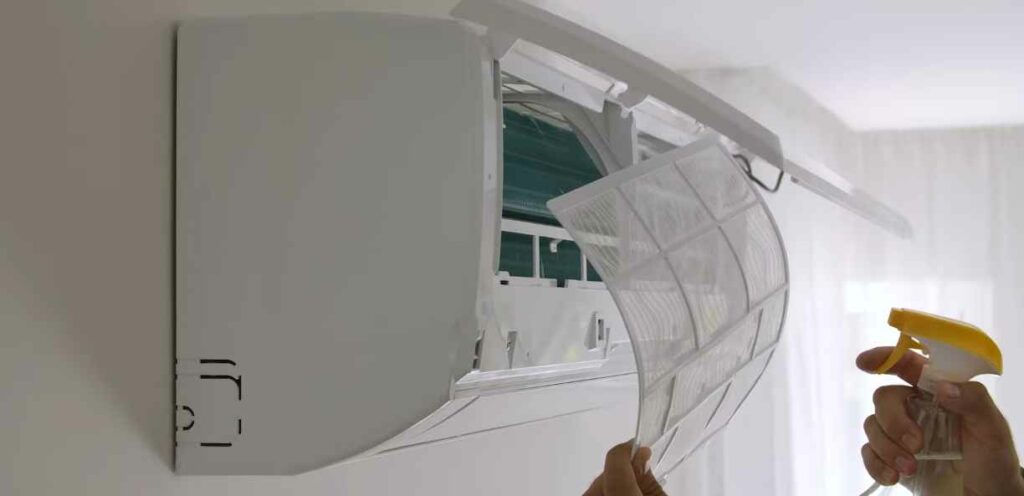There are a few potential causes of chest pain that people often overlook, one of which is air conditioner usage.
While it may seem far-fetched that something as commonplace as air conditioning could be the root cause of chest pain, there have been several documented cases where AC usage has led to this symptom.
In most instances, the pain is temporary and goes away once the person stops using the AC unit; however, there have been more serious cases where the chest pain persists and becomes chronic.
If you experience any type of chest pain after using an air conditioner, it’s important to see a doctor right away to rule out any underlying health conditions.

Does Aircon Cause Chest Infection?
There is no definitive answer to this question, as it depends on a number of factors.
However, some evidence suggests that aircon can contribute to chest infections, particularly in people who are already susceptible to them.
The main problem with aircon is that it can circulate dust and other airborne particles around a room.
If these particles contain bacteria or viruses, then they can cause an infection if they come into contact with the mucous membranes in the nose or throat.
People with chronic lung conditions such as asthma or COPD are particularly at risk of developing chest infections after exposure to aircon.
This is because their lungs are already weakened and more vulnerable to infection.
If you are concerned about the possibility of aircon causing chest infections, then taking steps to minimize your exposure is advisable.
This might include using an air purifier in your home or office and regularly cleaning the aircon unit’s filters.
You should also avoid using aircon when you have any kind of respiratory infection.
When I Breathe in Cold Air My Chest Hurts?

When you breathe in cold air, your chest may hurt because the air is so cold that it irritates your lungs.
It could also be a sign of an underlying lung condition such as asthma or bronchitis.
If you have asthma, your airways are already inflamed and sensitive to changes in temperature.
Breathing in cold air can trigger an asthma attack. Bronchitis is an inflammation of the lining of the bronchial tubes, which carry air to and from your lungs.
Like asthma, bronchitis is aggravated by breathing in cold air.
If you have either of these conditions, it’s important to talk to your doctor about how to manage your symptoms during colder weather best.
What are the Side Effects of Using Ac?
Users should be aware of a few potential side effects associated with using AC.
These include feeling faint or dizzy, headaches, and nausea.
In rare cases, more serious side effects, such as seizures or cardiac arrhythmias, have been reported.
If you experience any of these side effects while using AC, it is important to seek medical attention immediately.

Can You Get a Chest Cold from Air Conditioning?
There are many ways you can catch a cold, and one of those ways is by being near someone already sick.
However, you can also catch a cold by being in a cold environment, such as an air-conditioned room.
While the temperature of the air itself may not be enough to make you sick, it can lower your body temperature and make you more susceptible to catching a virus.
So if you’re already feeling run down or are around someone who is sick, it’s best to avoid air conditioning altogether.